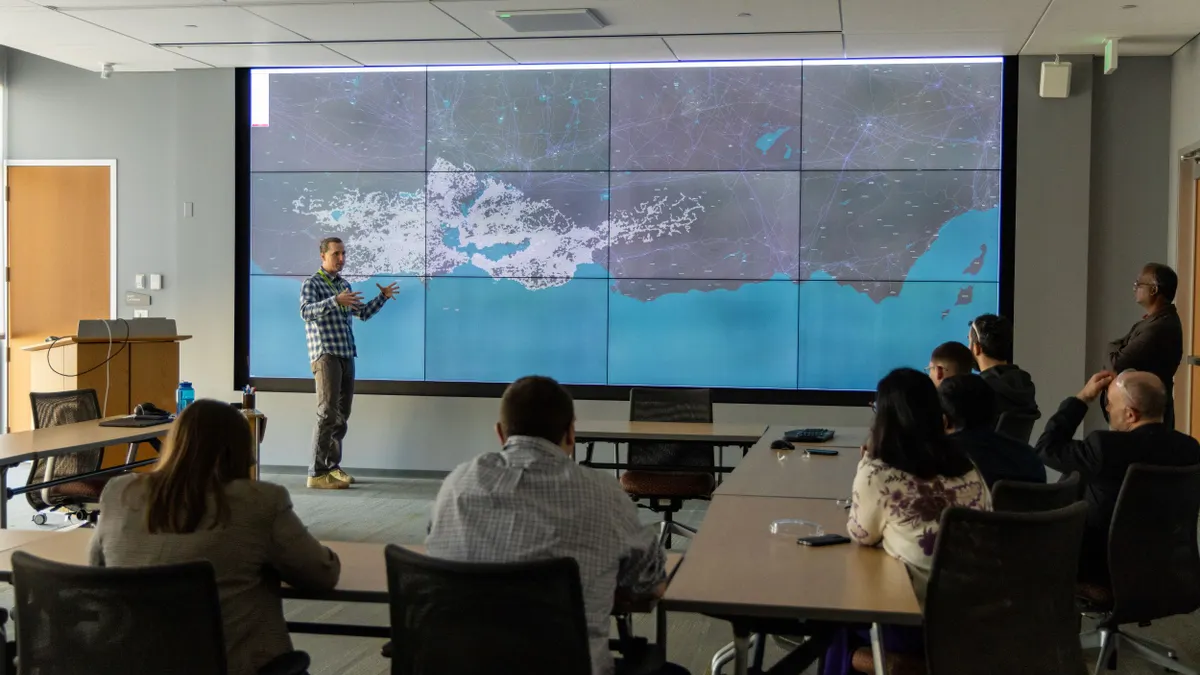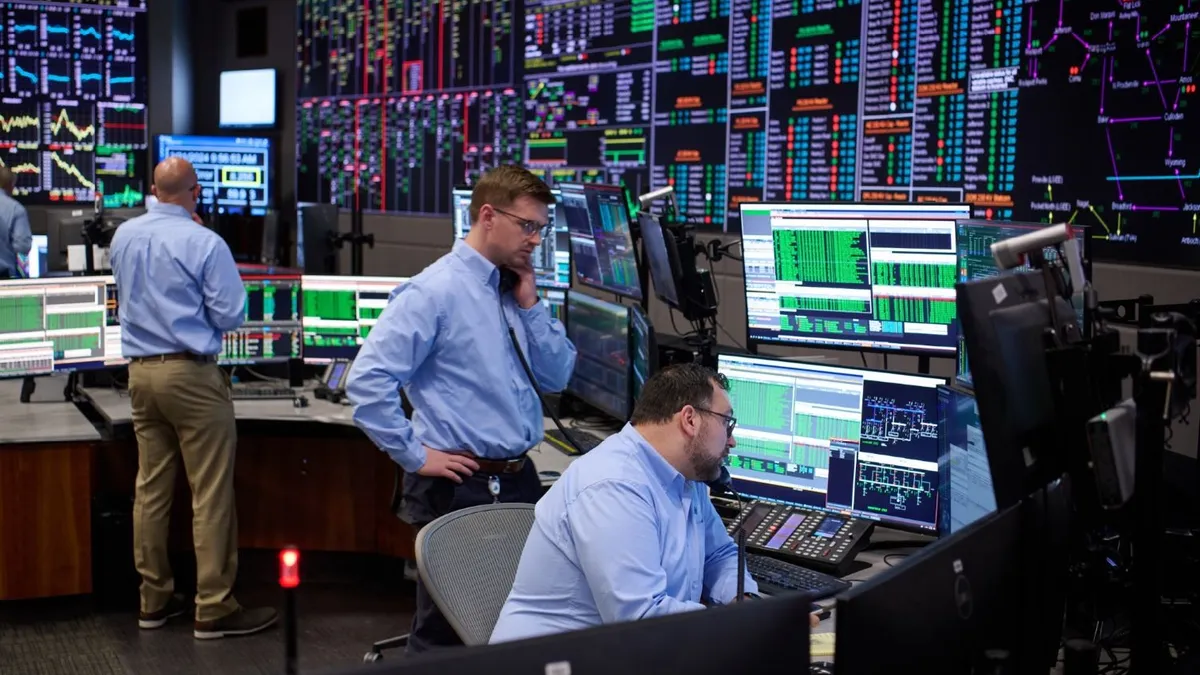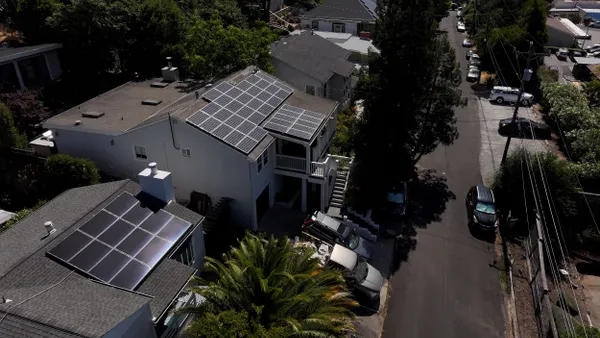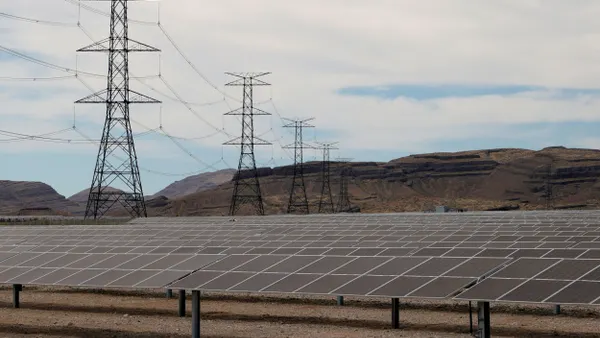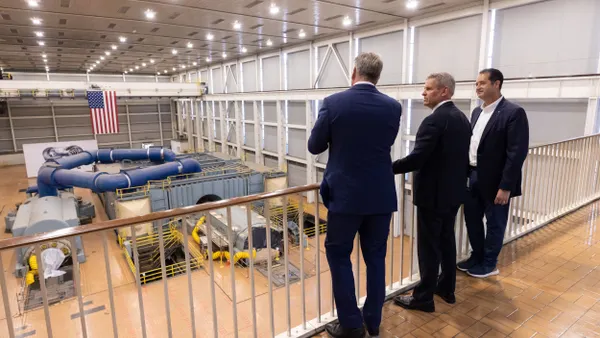Dive Brief:
- A 12-year study completed by a Harvard political scientist finds Americans are strong supporters of renewable energy but are not clear on the costs of providing that power and do not typically want to pay it themselves.
- The study, begun in 2001, found coal, oil and nuclear power are particularly out of favor while natural gas received a middling response, PV Magazine reports.
- The renewables industry is undergoing unprecedented growth, and the U.S. Energy Information Administration expects utility-scale solar capacity will nearly double between the end of 2013 and the end of 2015.
Dive Insight:
Harvard professor Stephen Ansolabehere presented the study's findings at the Energy Policy Institute of Chicago, revealing that Americans are extremely positive on renewable energy and largely see natural has as a bridge fuel to greener generation. However, PV Magazine reports that Ansolabehere noted U.S. ratepayers are not as well-informed about the cost of renewables.
"People have the relative harms about right. People have the relative costs for traditional fuels about right," Ansolabehere said. "They're way too optimistic about the cost of solar and wind, and the caution is that if you inform them, you’re going to get lower support."
EIA is projecting that total renewables used for electricity and heat generation will show growth of about 1.8% in 2014. Conventional hydropower generation is projected to fall by 4.4%, while nonhydropower renewables rise by 5.1%.
The agency said electricity generation from wind is projected to contribute 4.7% of total electricity generation in 2015. EIA expects continued growth in utility-scale solar power generation, which is projected to average more than 60 GWh per day in 2015.




